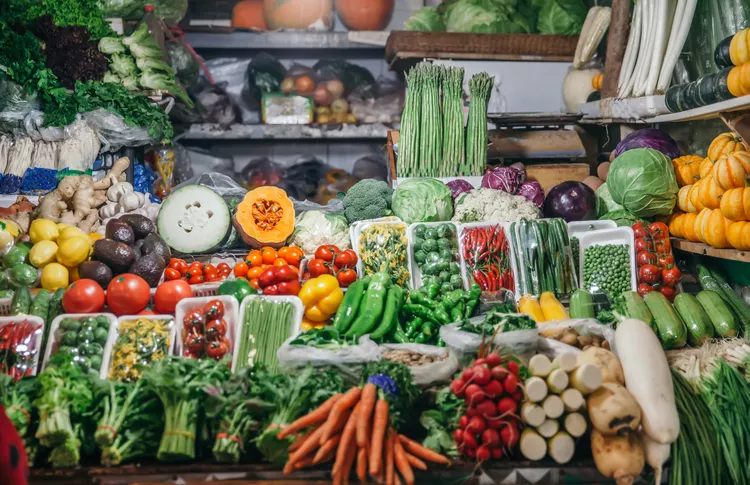1. Summary
This article examines the complexities surrounding the availability of organic food in China. It explores how organic food is defined in Mandarin, the challenges of sourcing organic produce, and the reliability of organic labels. Readers will gain insight into supermarket options, home delivery services, and dining experiences related to organic food in major Chinese cities.
There are many questions visitors may have regarding the availability of organic food in China. The answer is complex, largely contingent upon the visitor’s understanding of “organic” food and their level of trust in the market.
New food scandals seem to occur weekly; one of the most notorious incidents involved melamine-tainted milk and baby formula, causing widespread concern. At one point, Walmart stores in Chongqing were temporarily shut down due to the sale of ordinary pork as organic.
The bottom line is that while you can find a significant amount of food in China labeled as organic, it may not meet international organic standards. Nevertheless, Chinese consumers who can afford it are increasingly becoming aware of food safety issues.
How Do You Say Organic?
The Mandarin Chinese term for organic is youji, pronounced “yoh gee.” The characters used are 有机. To inquire if something is organic, you can ask: “zhe ge shi youji ma?” This phrase is pronounced “juh geh sheh yoh gee ma?” Alternatively, you can show the characters: 这个是有机吗?
Growing Organic Food in China
China has emerged as one of the largest producers of organic vegetables for export. However, the “organic” food available in domestic markets often raises suspicions.
Export-quality organic products undergo rigorous testing and inspection before reaching foreign markets, especially in countries like Canada and the U.S., where regulations are stringent.
In contrast, food intended for domestic consumption does not face the same level of scrutiny. Although nominal checks exist, issues of corruption and fraudulent organic labels are prevalent.
Buying Organic Food in Supermarkets
In larger cities, supermarkets stock organic brands of imported dry goods, such as raisins, flour, and crackers. However, the selection of organic dry goods produced locally is quite limited.
If you are not a vegetarian, finding “organic” meat or fish may present challenges. Labels like “eco-pork” might appear, but it’s difficult to ascertain what this marketing really signifies.
Locally grown “organic” vegetables can be found in upscale supermarkets, but organic fruits are considerably harder to find. Moreover, these vegetables, despite claiming to be organic, may be cultivated in soils that do not adhere to international organic standards.
While it is possible that no pesticides or herbicides were used during the growth process, these products might still be grown in contaminated soil and irrigated with heavily polluted water.
Ordering Organic Food for Home Delivery
In larger cities, the availability of home delivery services for organic foods is on the rise. For instance, a company in Shanghai called Fields offers various organic products, although not all items are organic. Such companies aim to source the highest quality ingredients available. Additionally, specialty companies provide home delivery options for organic milk and yogurt. If you plan on staying in China for an extended period, it may be worthwhile to explore these home delivery options for your organic needs.
Organic Restaurant Dining
Dining out can be tricky when navigating organic options. Restaurants may advertise their dishes as organic, but verifying the truth can be a challenge. When asking, “Is this organic?” you might receive an enthusiastic “yes!” However, another server could counter with a definitive “no” regarding the same dish.
Although the interest in organic foods in China is growing, the standards often fall short compared to those in Europe, Australia, or North America. Therefore, if you are committed to maintaining your organic lifestyle while in China, it may be wise to prepare by packing sufficient nuts, seeds, and dried fruit to sustain you during your stay.




